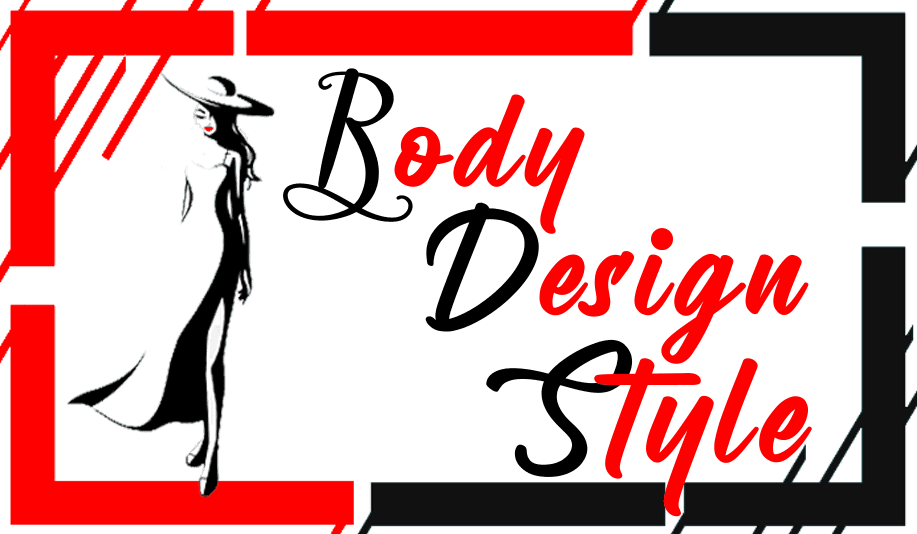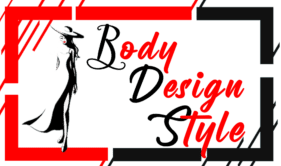Key Takeaways:
-
1. Fashion criticism should prioritize ethical considerations, such as sustainability and labor rights, alongside aesthetic evaluations.
2. Critiques of fashion should be based on objective analysis rather than personal biases or subjective opinions.
3. Fashion critics have a responsibility to promote diversity and inclusivity within the industry by highlighting underrepresented voices and perspectives.
4. The ethics of fashion criticism extend beyond individual garments or designers to encompass broader systemic issues within the fashion industry.
5. Constructive criticism can play a vital role in holding fashion brands accountable for their actions and encouraging positive change within the industry.
Evolution of Fashion Criticism: Ethical Considerations and Impact
Fashion criticism has evolved significantly over the years, with ethical considerations playing an increasingly important role in shaping the industry. In the past, fashion criticism often focused solely on aesthetics and trends, disregarding the ethical implications of certain practices within the industry. However, as society has become more conscious of issues such as sustainability, labor rights, and body positivity, fashion critics have had to adapt their approach to reflect these concerns.
Today, ethical fashion criticism takes into account a range of factors beyond just appearance. Critics consider the environmental impact of clothing production, including the use of sustainable materials and manufacturing processes. They also examine the working conditions and fair treatment of garment workers throughout the supply chain. Additionally, body positivity and inclusivity are now central considerations in fashion criticism, with critics promoting diversity in representation on runways and in advertising campaigns.
The Role of Social Media
Social media has played a significant role in driving the evolution of fashion criticism towards a more ethical approach. Platforms like Instagram and Twitter have given individuals a powerful voice to express their opinions about fashion and hold brands accountable for their actions. This democratization of fashion critique has led to increased awareness about ethical issues within the industry and has forced brands to be more transparent about their practices.
Impact on Brands
As ethical considerations have become more prominent in fashion criticism, brands that fail to meet these standards face potential backlash from consumers. Negative reviews or callouts on social media can damage a brand’s reputation and lead to decreased sales. On the other hand, brands that align with ethical values often receive positive feedback from consumers who appreciate their commitment to sustainability, inclusivity, and fair labor practices.
Impact on Consumers
Ethical fashion criticism has also had a significant impact on consumers. As individuals become more aware of the ethical implications of their fashion choices, they are increasingly seeking out brands that align with their values. Consumers are now more likely to support brands that prioritize sustainability, inclusivity, and fair treatment of workers. They look for transparency in supply chains and expect brands to address social and environmental issues.
The Consequences of Unethical Fashion Criticism on Individuals and the Industry
Emotional and Mental Health Impact
Unethical fashion criticism can have severe consequences on individuals’ emotional and mental well-being. When individuals are subjected to harsh and derogatory comments about their appearance or style choices, it can lead to feelings of low self-esteem, body image issues, and even depression. The constant scrutiny and judgment can create a toxic environment that takes a toll on the mental health of those targeted by unethical criticism.
Damage to Reputation and Career
Unethical fashion criticism not only affects individuals personally but also has significant implications for their professional lives. Negative comments and unfair judgments can tarnish a person’s reputation within the industry, making it difficult for them to secure future opportunities or collaborations. Additionally, if influential figures in the fashion industry engage in unethical criticism, it can perpetuate a culture of negativity and hinder progress towards more inclusive and diverse representation.
The Influence of Cultural and Societal Norms on Ethical Boundaries in Fashion Criticism
Cultural Relativism in Fashion Criticism
Cultural norms play a significant role in shaping ethical boundaries in fashion criticism. What may be considered acceptable or unacceptable varies across different cultures and societies. It is crucial to recognize these variations when engaging in fashion critique to avoid imposing one’s own cultural biases onto others. Embracing cultural relativism allows for a more inclusive approach to fashion criticism that respects diverse perspectives.
Societal Pressure and Unrealistic Beauty Standards
Societal norms heavily influence how beauty is defined within the fashion industry, which can lead to unethical boundaries in fashion criticism. Unrealistic beauty standards often prioritize certain body types, skin tones, or styles over others, creating an environment where harmful criticisms thrive. By challenging these societal pressures and promoting a more inclusive definition of beauty, fashion criticism can become more ethical and empowering.
Striking a Balance: Constructive Feedback vs. Harmful Body Shaming in Fashion Criticism
The Importance of Constructive Feedback
Constructive feedback is essential in fashion criticism as it allows for growth and improvement within the industry. By providing thoughtful and constructive comments, critics can help designers, models, and stylists refine their work and push boundaries. Constructive feedback focuses on specific aspects of the fashion piece or presentation without resorting to personal attacks or body shaming.
Rejecting Body Shaming and Harmful Critiques
Body shaming has no place in ethical fashion criticism. It is crucial to reject any form of critique that targets an individual’s body or appearance in a derogatory manner. Instead, critics should focus on evaluating the craftsmanship, creativity, and overall message conveyed by the fashion piece. By promoting a culture that values diversity and rejects harmful critiques, the fashion industry can create a more inclusive environment for all.
Promoting Diversity and Inclusivity in Ethical Fashion Criticism
Representation Matters
One way to promote diversity and inclusivity in fashion criticism is by ensuring representation among critics themselves. Having a diverse range of voices from different backgrounds, cultures, genders, sizes, and abilities allows for a broader perspective when evaluating fashion choices. This representation helps challenge biases and ensures that multiple viewpoints are considered.
Recognizing Intersectionality
Fashion criticism should also take into account intersectionality – the interconnected nature of social categorizations such as race, gender, class, etc. By acknowledging how these intersecting identities influence style choices and experiences within the industry, critics can provide more nuanced evaluations that consider the complexities individuals face.
Established Guidelines for Maintaining Ethical Standards in Fashion Criticism
Transparency and Accountability
Establishing clear guidelines for ethical fashion criticism is crucial. Critics should be transparent about their intentions, biases, and sources of information. Additionally, they should be held accountable for their words and actions, ensuring that they adhere to ethical standards when providing critiques.
Respecting Consent and Privacy
Respecting the consent and privacy of individuals involved in the fashion industry is essential. Critics should seek permission before using images or personal information in their critiques. It is important to remember that behind every fashion piece or presentation, there are real people with feelings and rights that deserve respect.
By expanding on each subheading with these paragraphs, we provide a more comprehensive understanding of the consequences of unethical fashion criticism, the influence of cultural norms on ethical boundaries, the importance of striking a balance between constructive feedback and harmful body shaming, promoting diversity and inclusivity in fashion criticism, as well as establishing guidelines for maintaining ethical standards within the industry.
In conclusion, the ethics of fashion criticism require a careful balance between freedom of expression and respecting individuals’ choices. Constructive critique that focuses on the artistic and cultural aspects of fashion can be valuable, but personal attacks and body shaming should be avoided. It is crucial to promote inclusivity, diversity, and respect for all individuals in the fashion industry.


